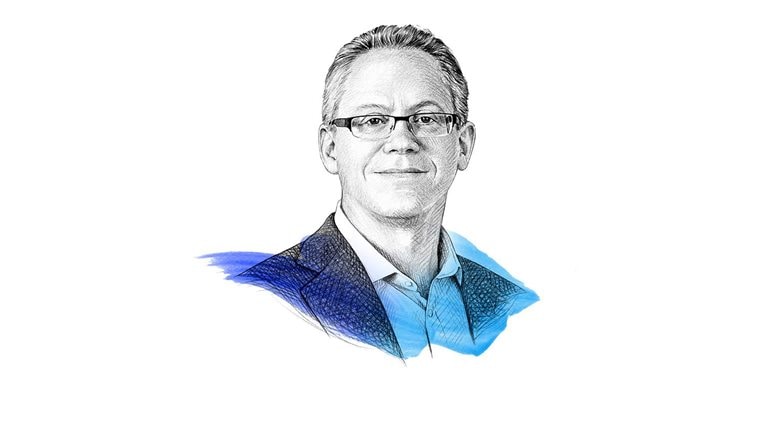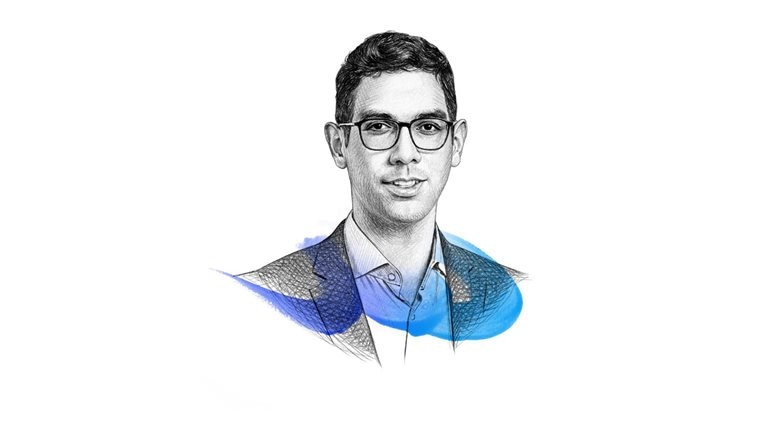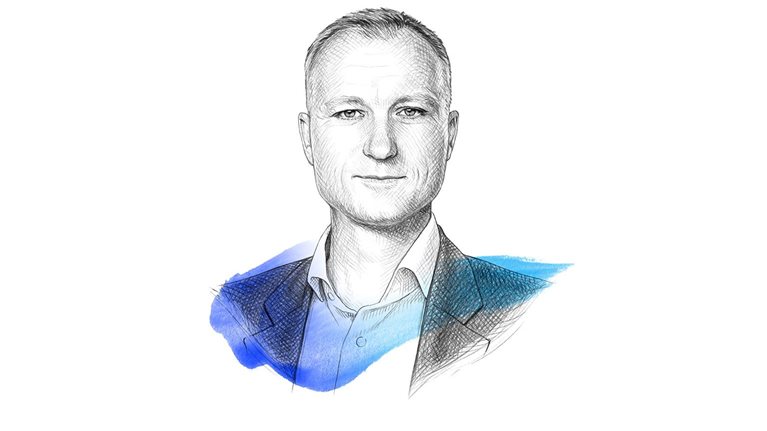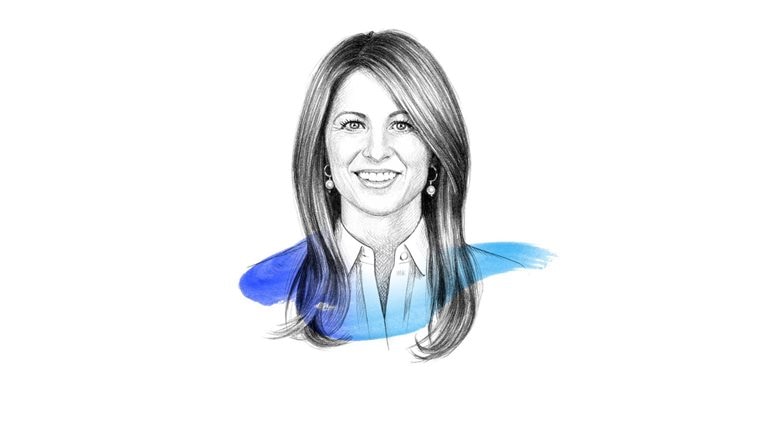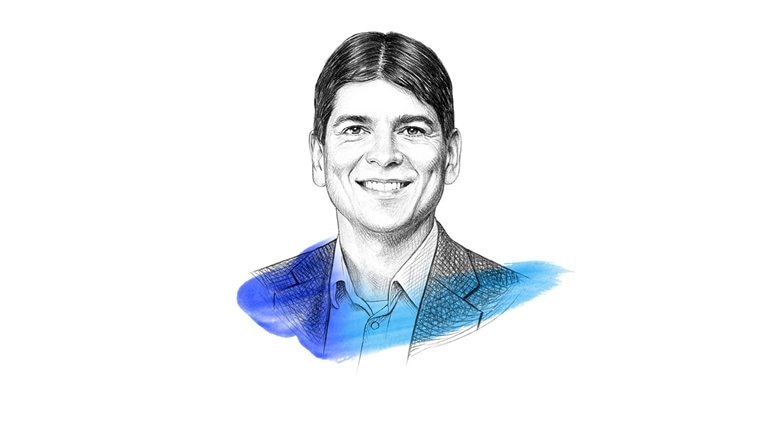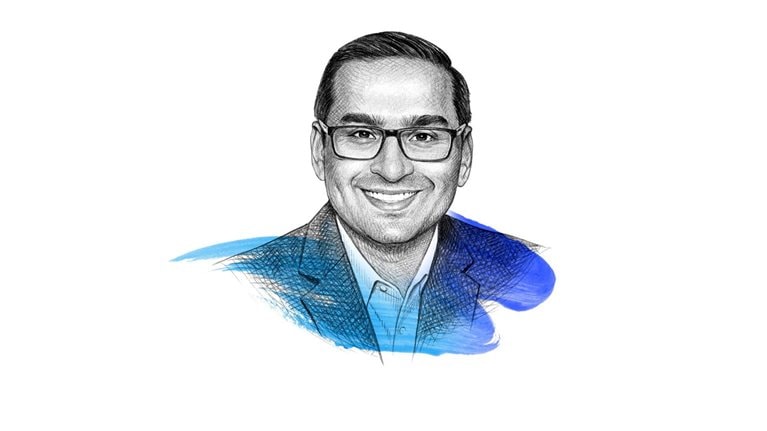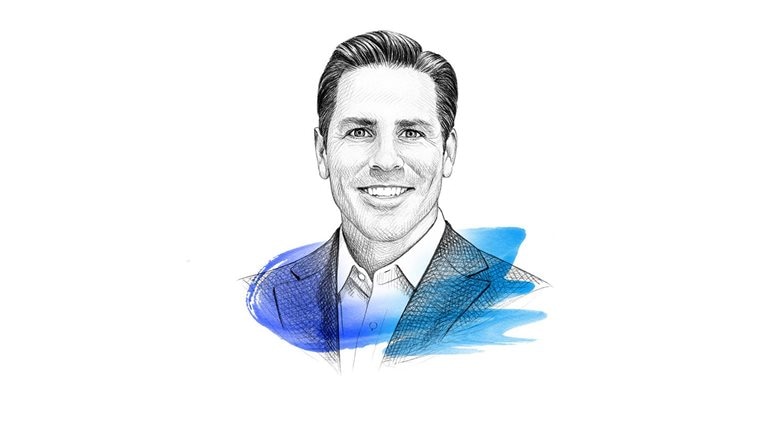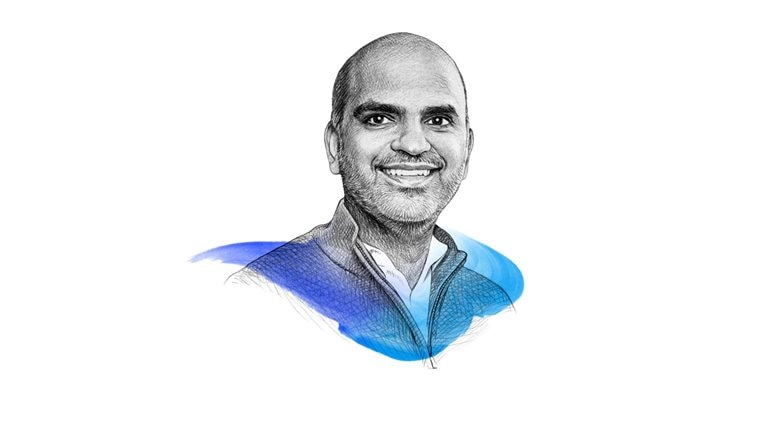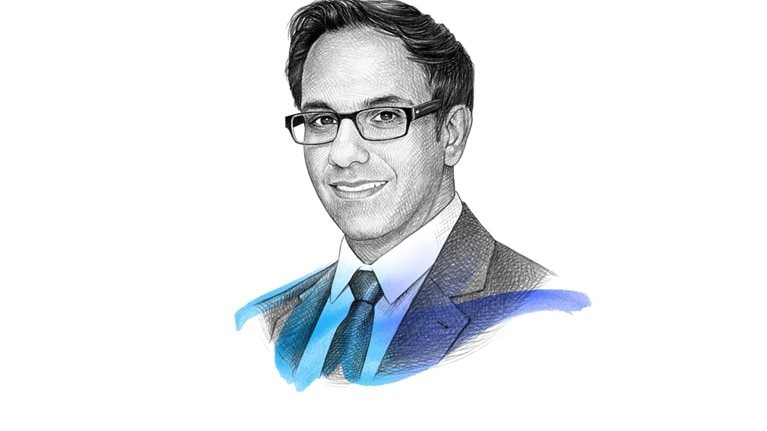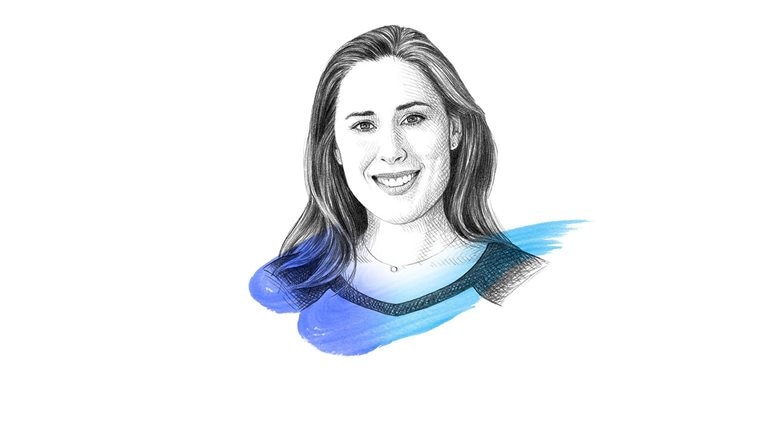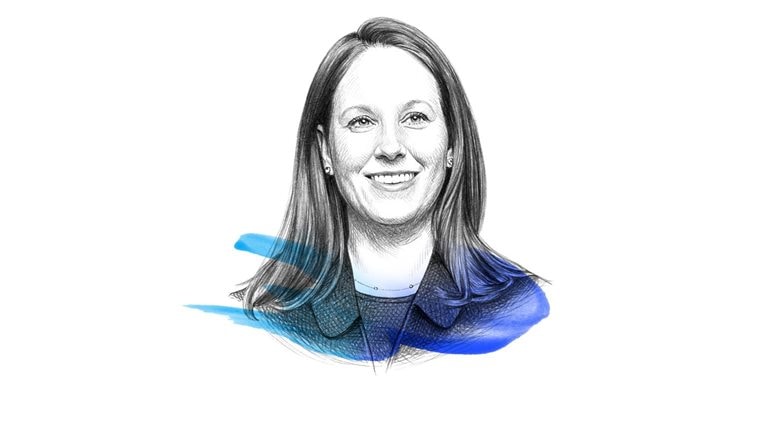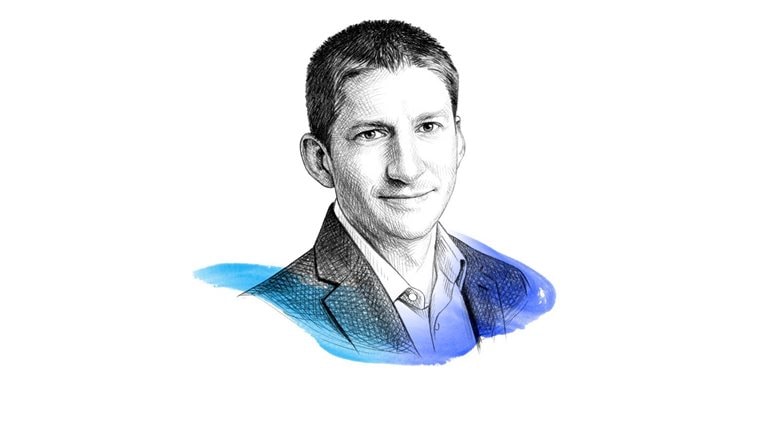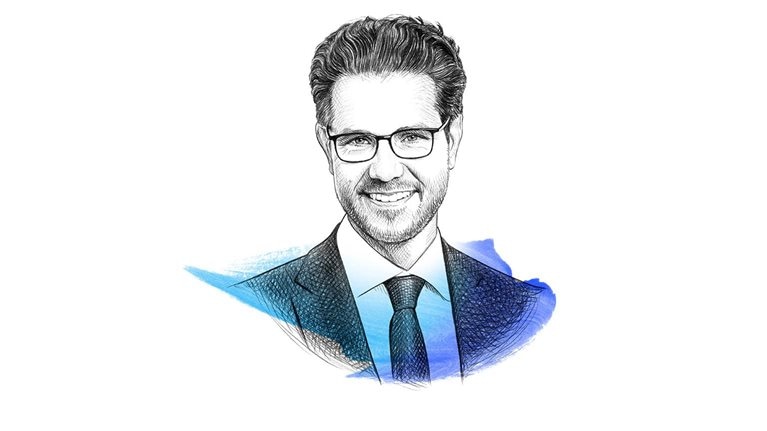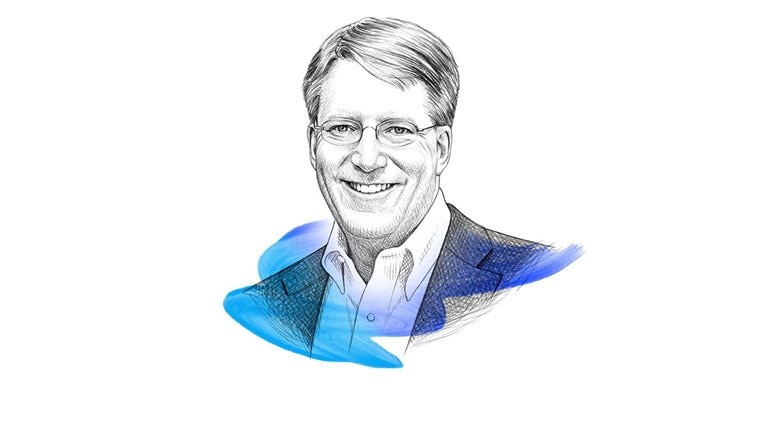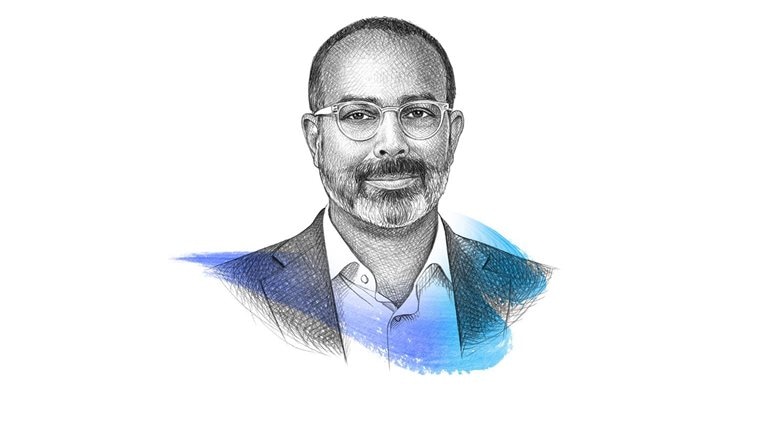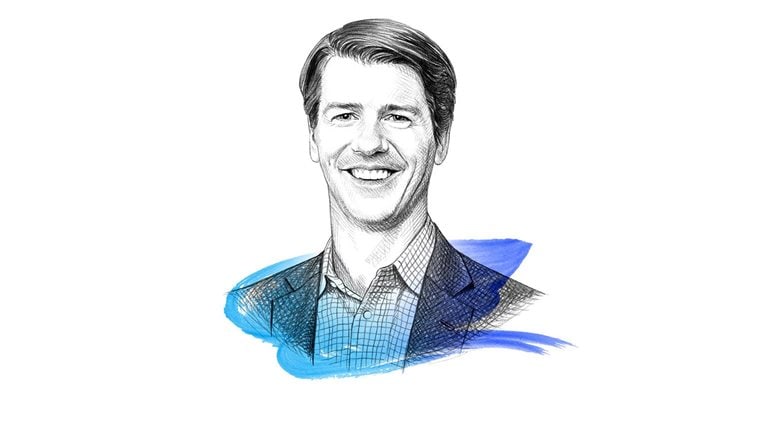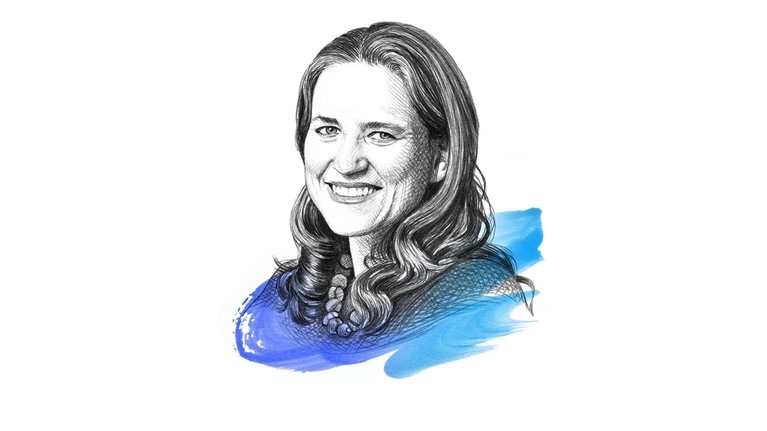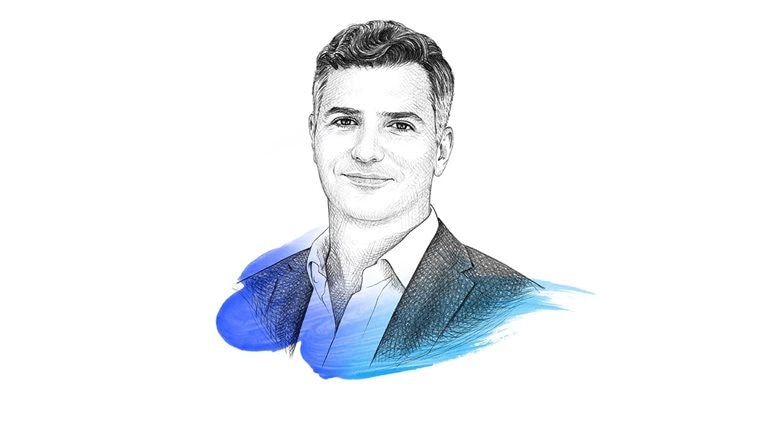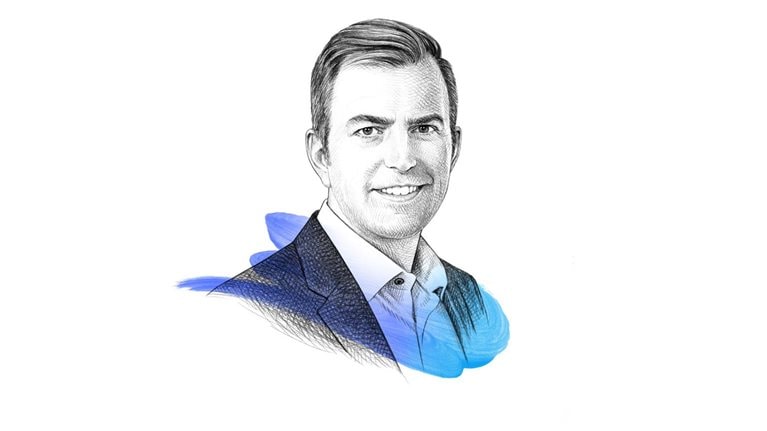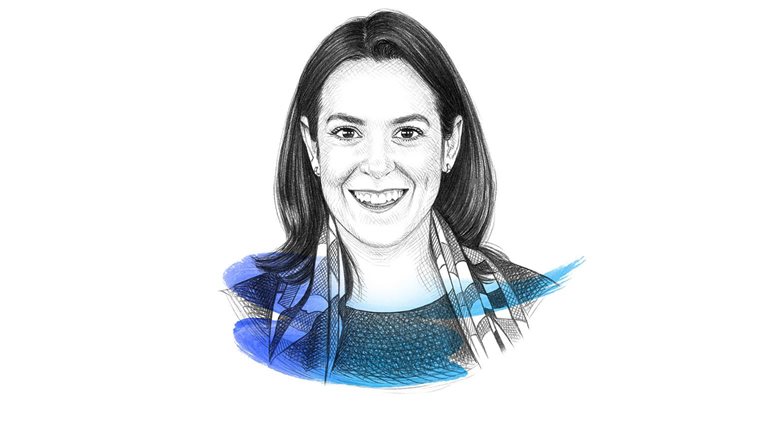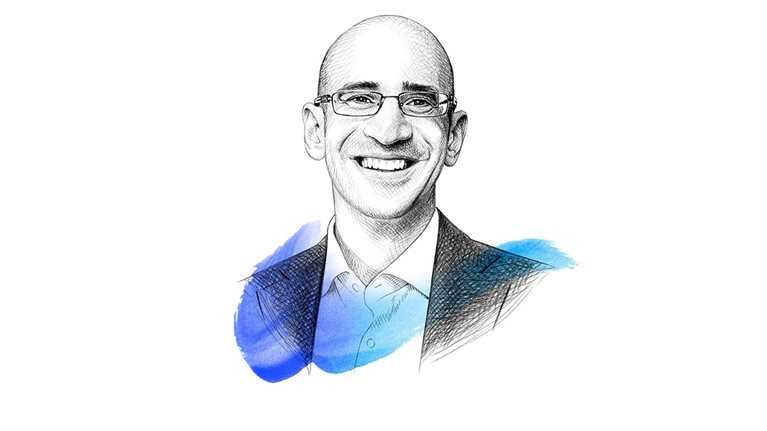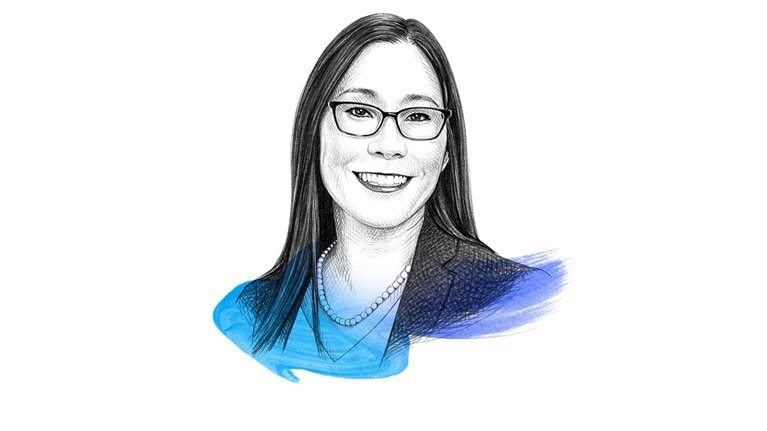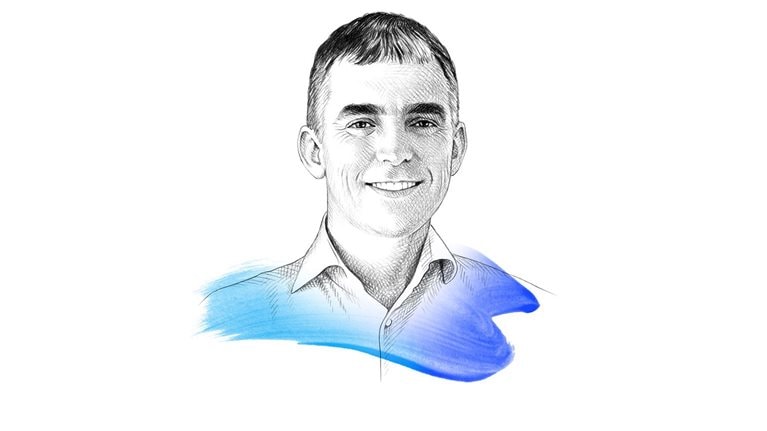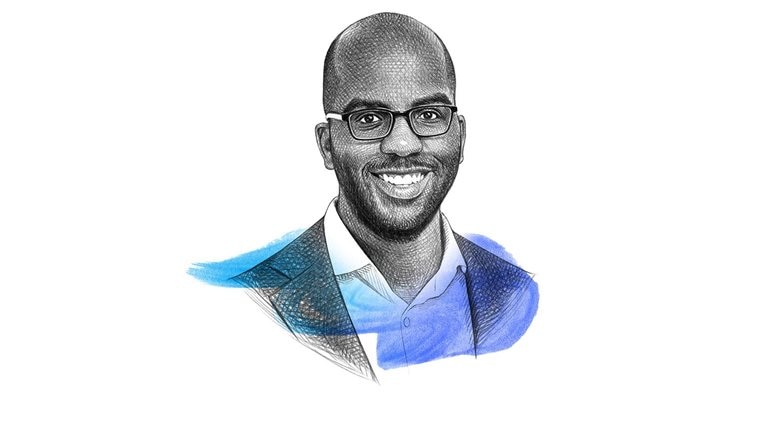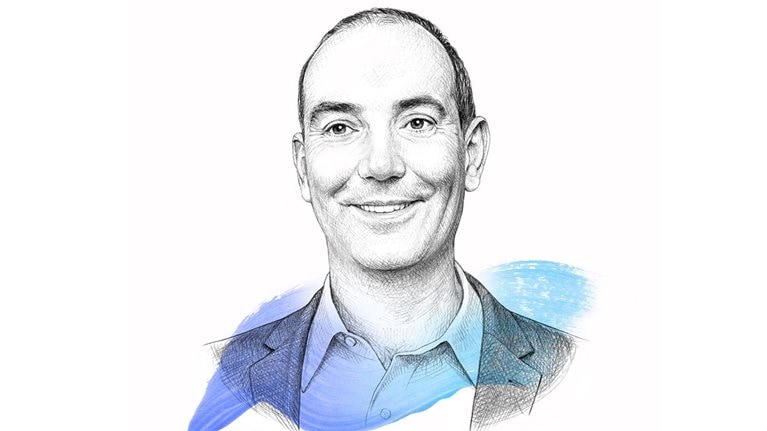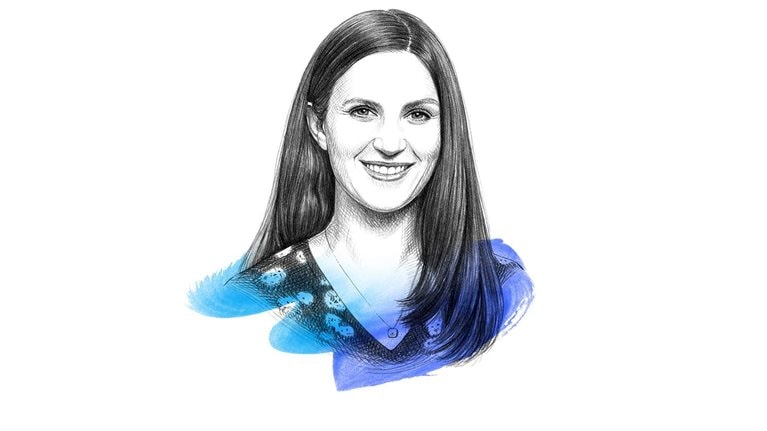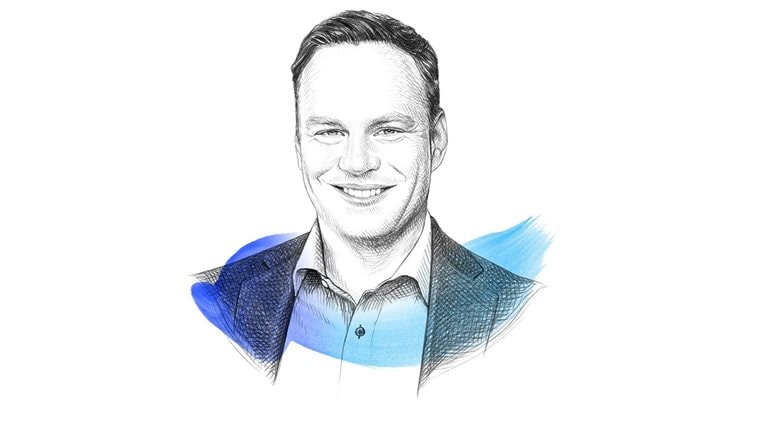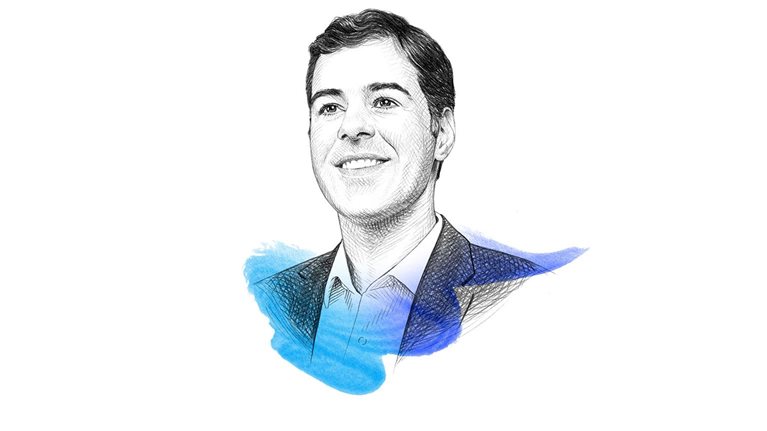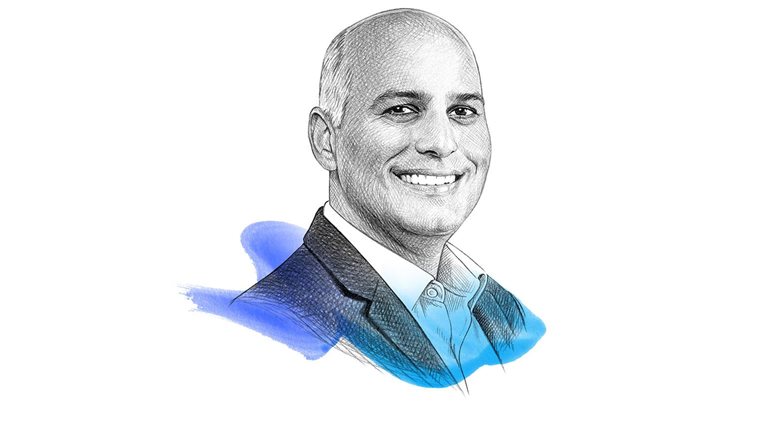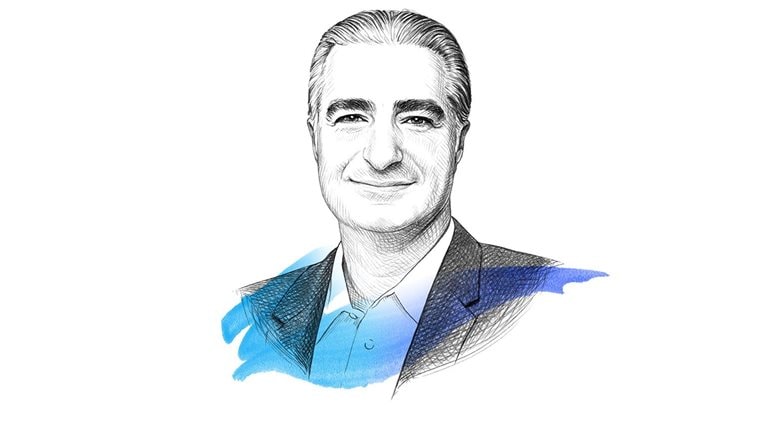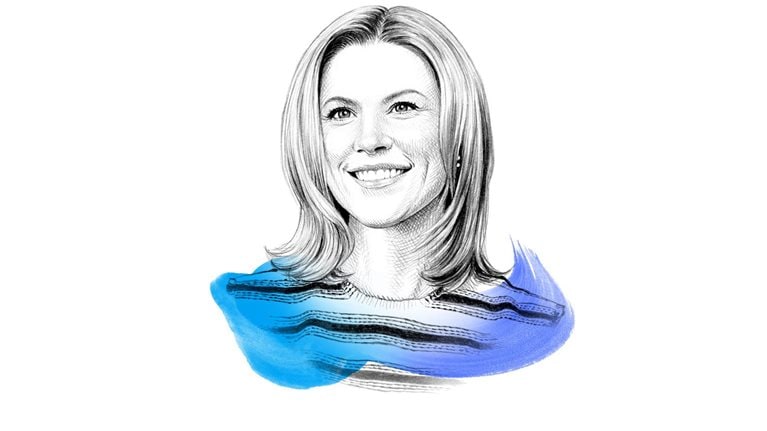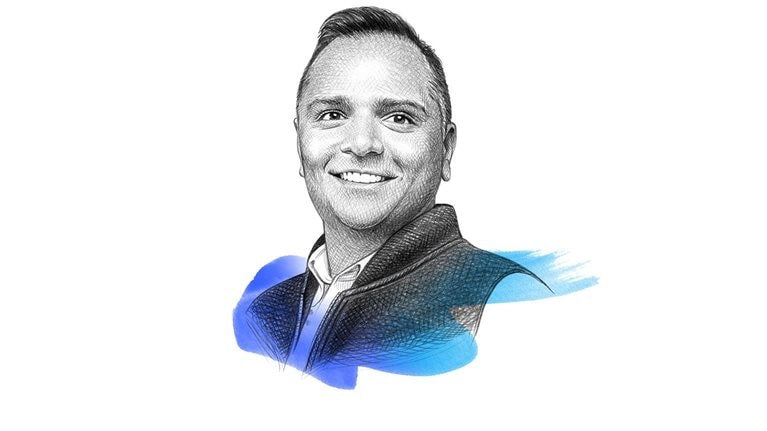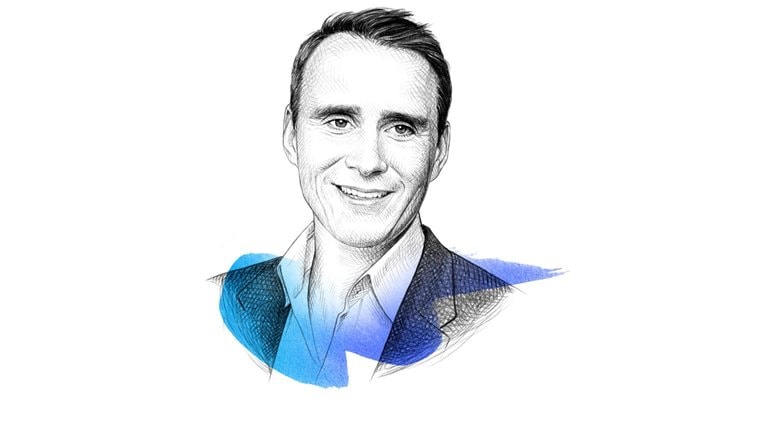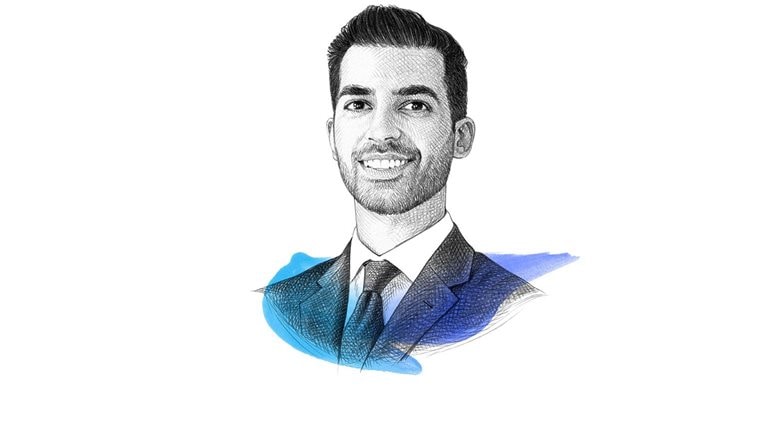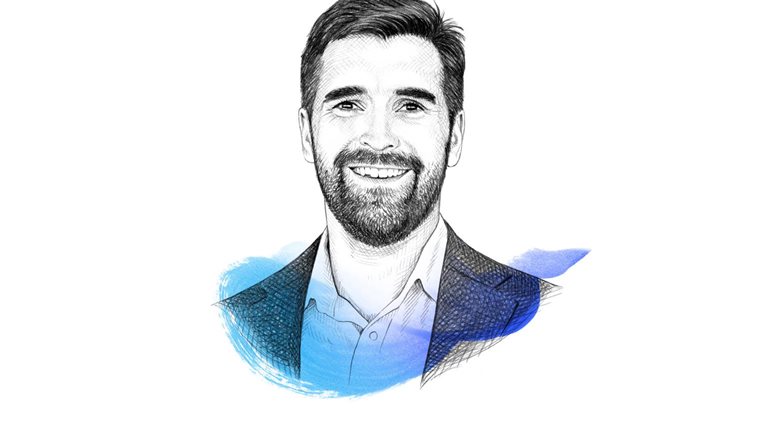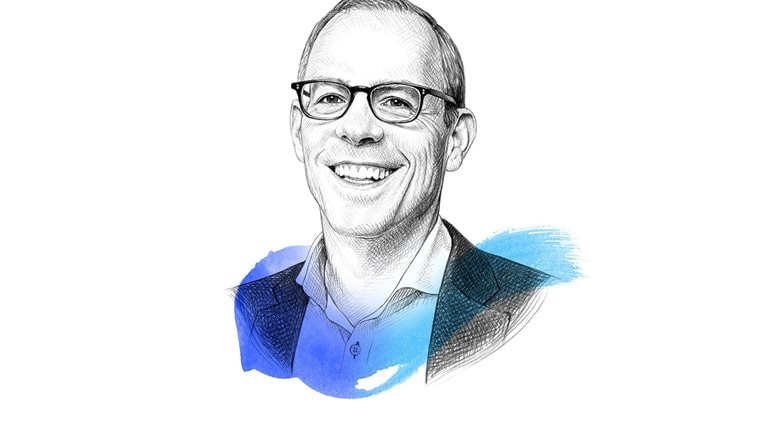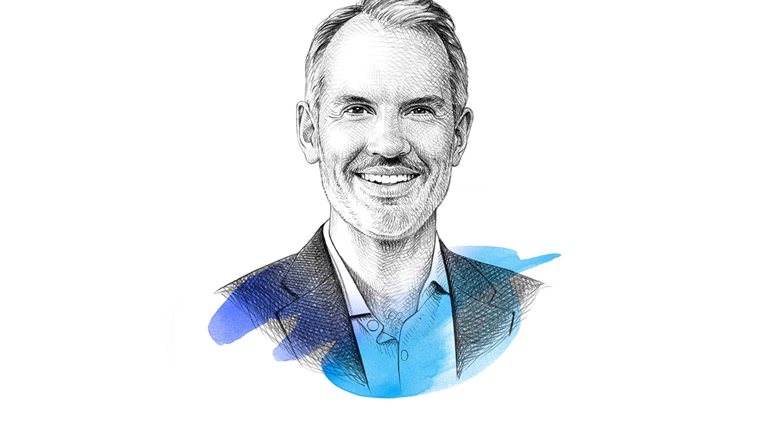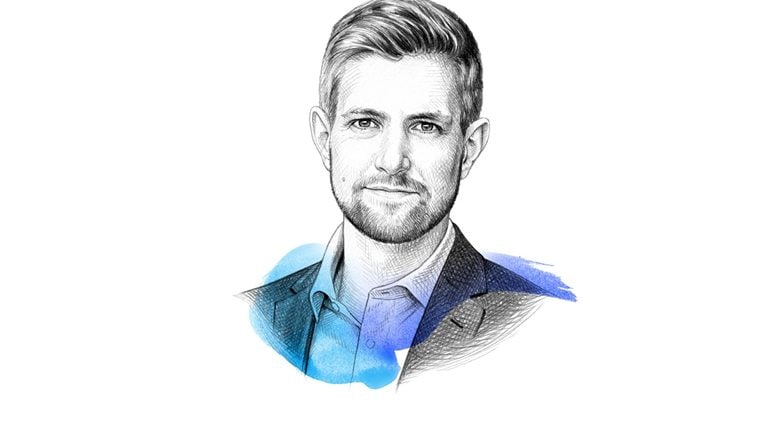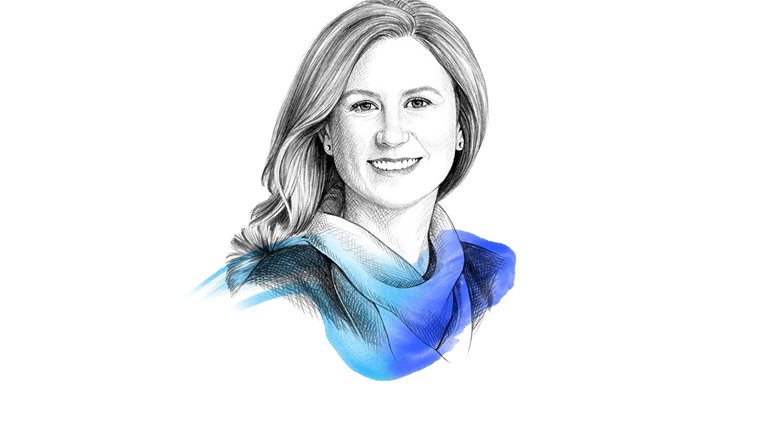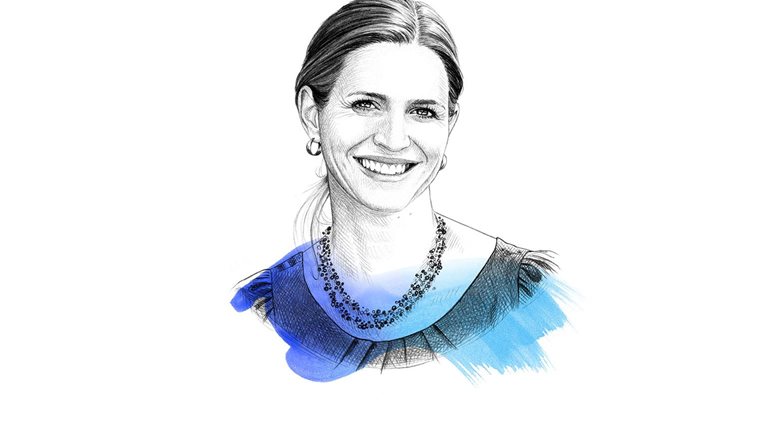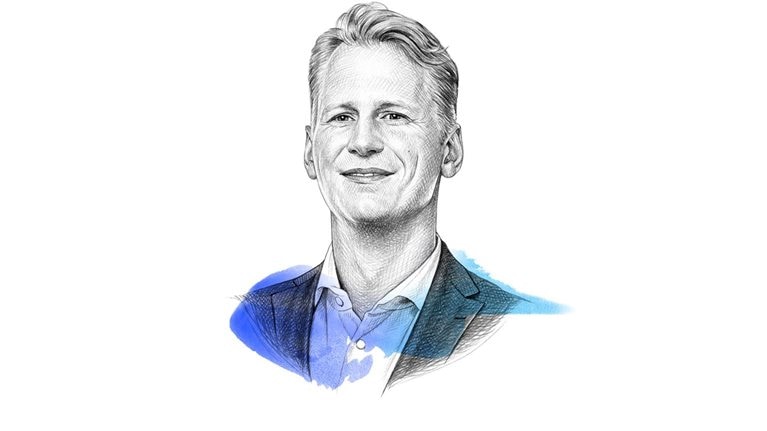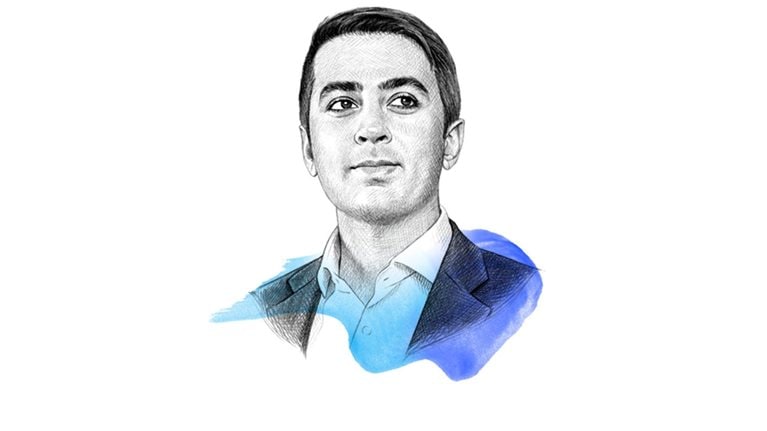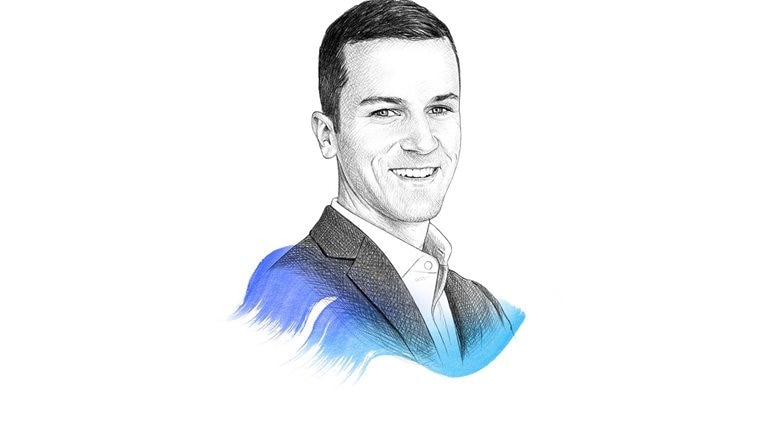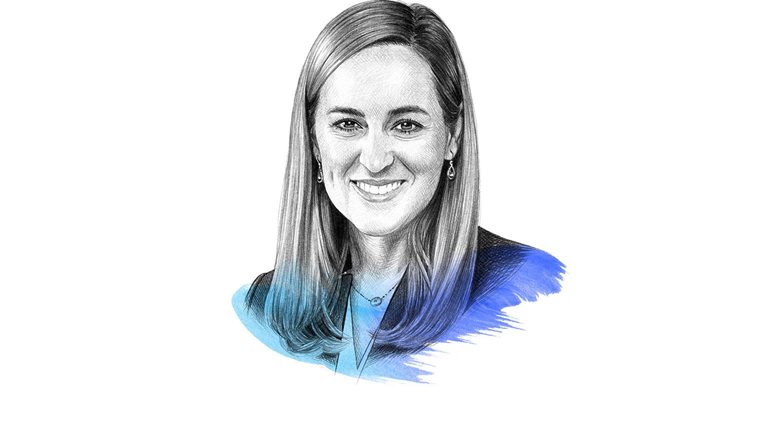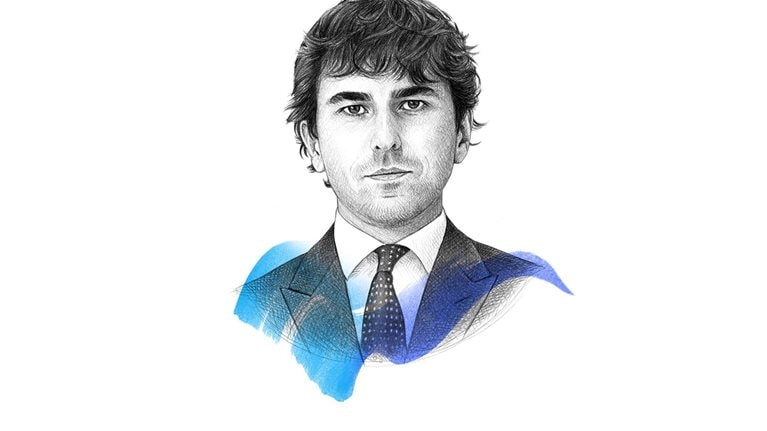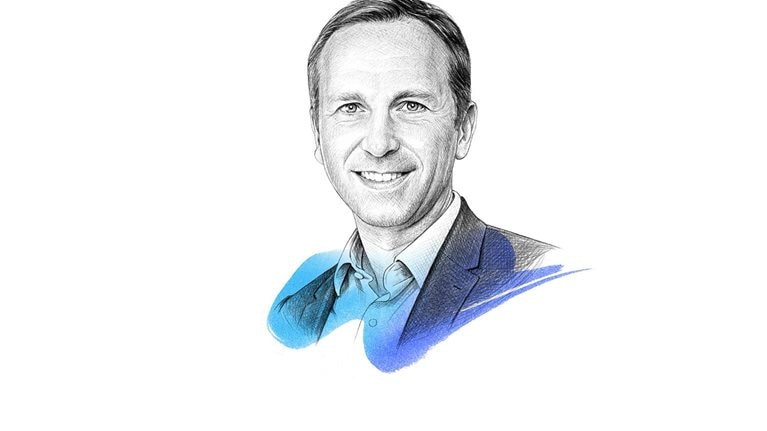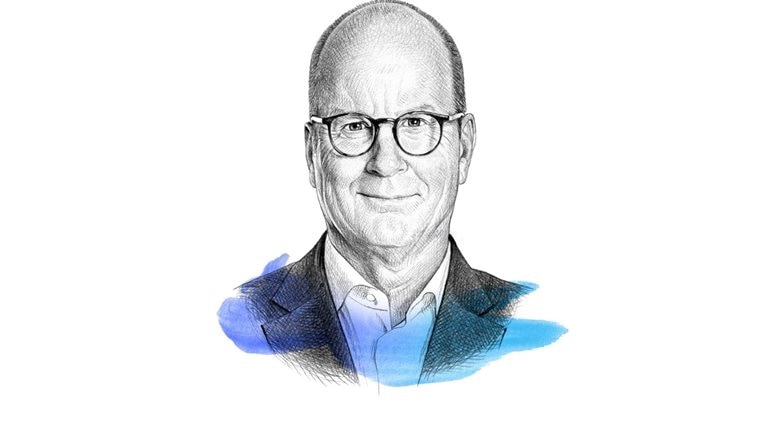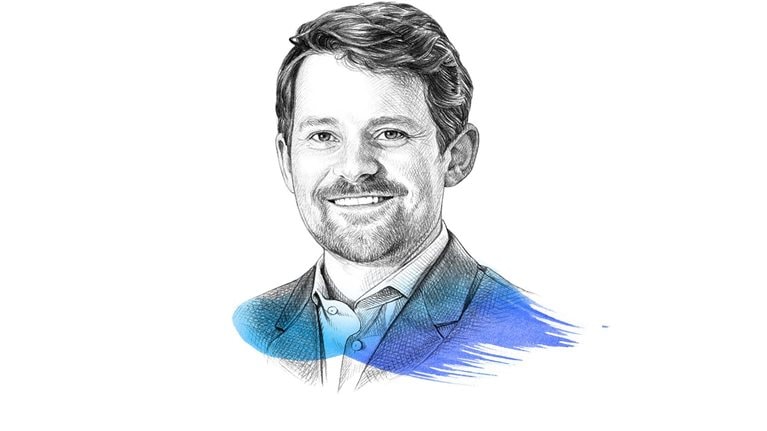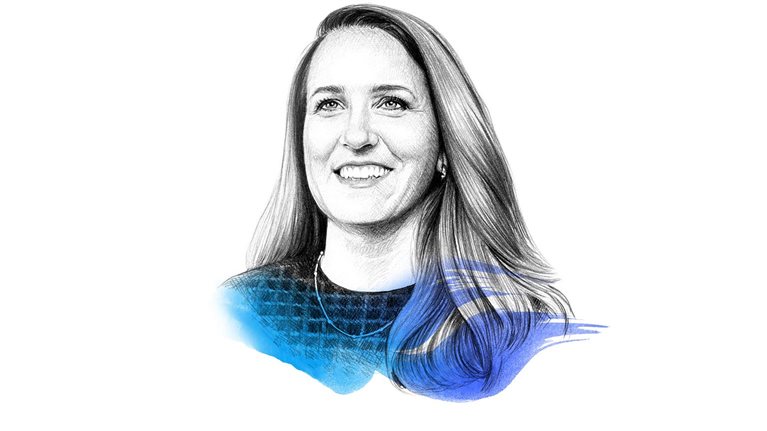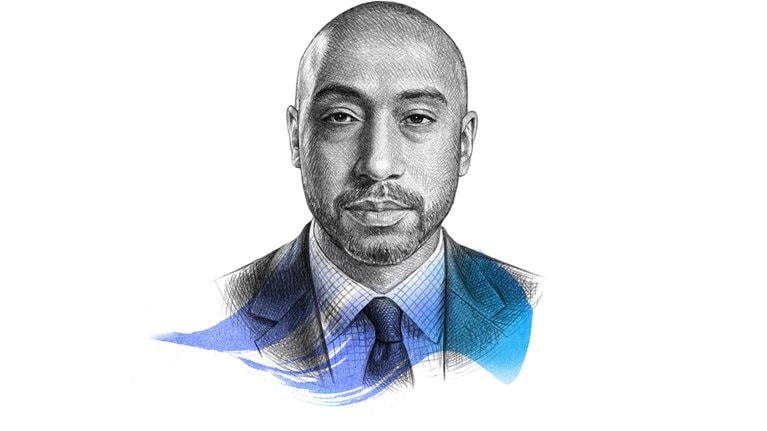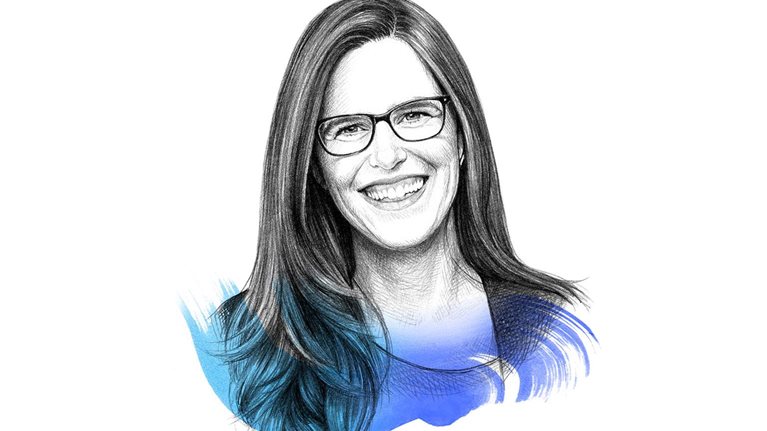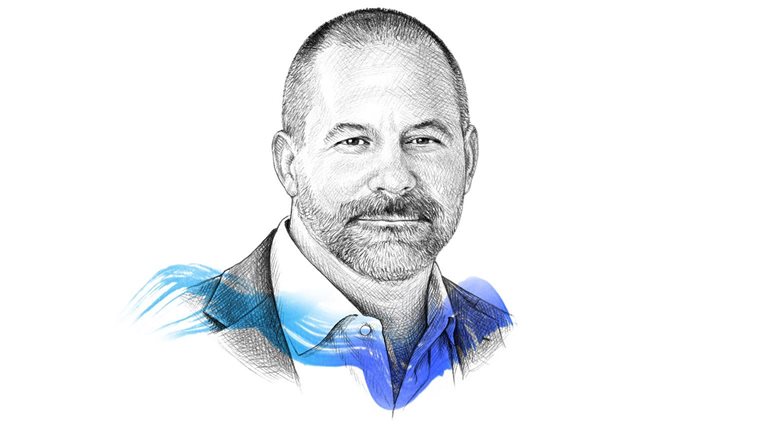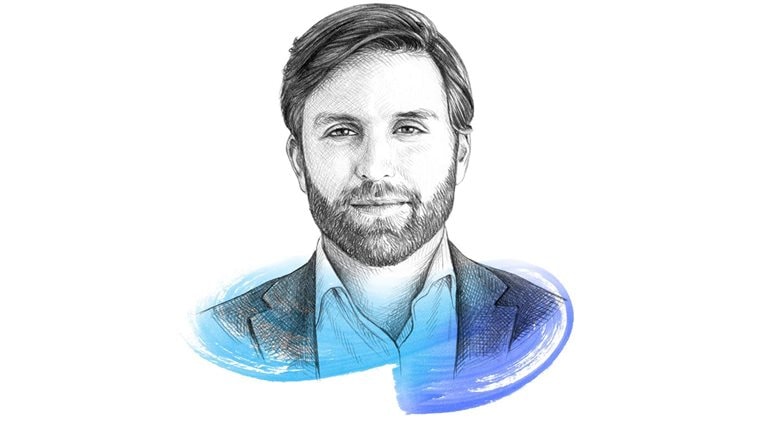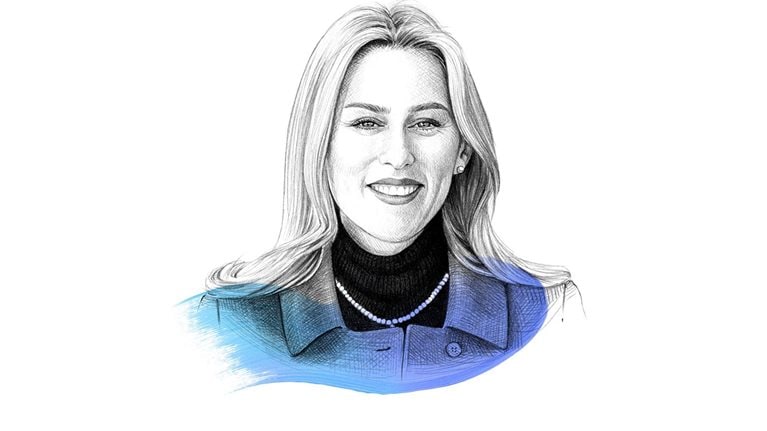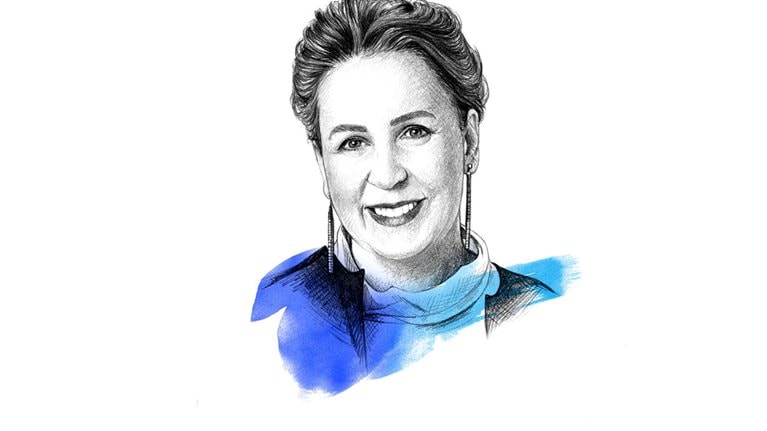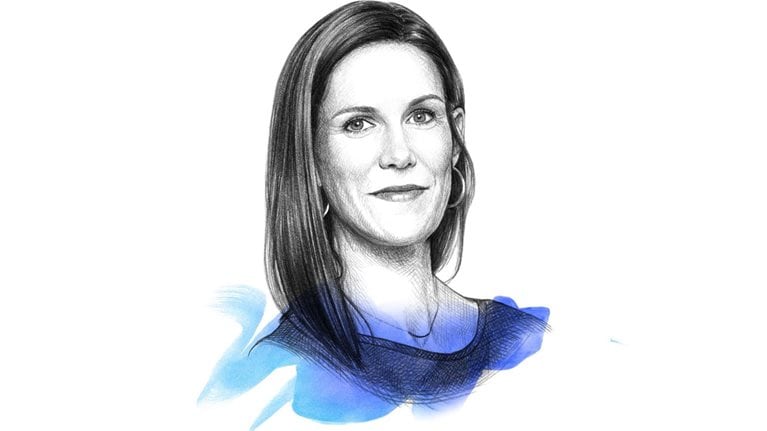Re:think
Our twice monthly Re:think newsletter delivers fresh ideas from our partners in 800 words or less. Sign up to get it and other new insights from the McKinsey Quarterly, our flagship business publication.
Tim Koller:
What’s changed—and what hasn’t—over four decades in corporate finance
-
He wrote the book on corporate finance. Now Tim Koller looks back on four decades of advising companies on valuation and long-term growth.
Sarah Tucker-Ray:
Rural America is dynamic, complex, and ready to thrive
-
New waves of investment, innovation, and inclusion could redefine opportunity across America’s heartland.
Ferry Grijpink:
Improving social mobility could boost Europe’s economic future
-
Better socioeconomic diversity could help individuals thrive, corporations succeed, and economies grow.
Diego Hernandez Diaz:
What can be learned from a decade of studying the energy sector?
-
Rising energy demand is intersecting with shifting energy economics. Keeping the energy transition on course could require practical solutions that combine policy, technology, and regional tailoring.
Frithjof Lund:
How can boards help catalyze change and boost growth?
-
By adopting practices favored by private equity–backed companies, public company boards can become stronger partners in value creation.
Jason Bello:
Building new ventures can be a formula for growth
-
By drawing on existing assets and treating venture building as a repeatable capability, companies can create more enterprise value and reignite long-term growth.
Kelsey Robinson:
Reshaping the marketing landscape
-
Leaders are reimagining marketing’s role. The future demands bold ideas—and readiness for AI-driven change.
Brooke Weddle:
Becoming more tech savvy—and more human—in the AI age
-
Organizations can establish strong learning cultures so employees thrive in the AI age. That means helping to develop both digital and people-centric skills.
Pooja Kumar:
Tackling the healthcare worker shortage
-
The global impact of the healthcare worker shortage is substantial, and McKinsey Health Institute research shows it’s getting worse. But the problem is solvable—if responsibility is shared.
Jules Seeley:
How could hotel booking be disrupted by agentic AI?
-
Consumers might increasingly handle their travel booking requests by chatting with an AI agent. How can travel companies prepare?
Ani Kelkar:
The next wave of the robot revolution
-
Next-gen industrial robots could take humanoid forms. How can companies safely and effectively introduce robot employees into their workforces?
Matt Watters:
Business in a time of geopolitical change
-
Geopolitical fluctuations can be daunting for business leaders. How can companies turn disruption into opportunity?
Pankaj Sachdeva:
Investing in data centers today for ROI tomorrow
-
Stakeholders hoping to profit from data centers could push $7 trillion into the sector by 2030. Will their investments deliver enough compute capacity to unleash AI’s potential?
Sanjay Kalavar:
A practical approach to accelerate climate progress
-
The sustainability agenda has seen meaningful momentum—but faces new challenges and complications. Here’s what a practical path forward could look like.
Humayun Tai:
What forces will shape the next 60 years?
-
The world businesses faced 60 years ago was very different from today. What forces will shape businesses and the world in 2085? Three come to mind: climate adaptation, demographic shifts, and transformative technological innovation.
Emily Shao:
Making autonomous-vehicle technology good business
-
If autonomous vehicles aren’t already on the streets of your city, they will be soon. How can industry leaders make the move from deployment to market dominance?
Hannah Mayer:
Retail and CPG brands can be tech leaders
-
Established retail and CPG brands can be AI first movers. But true digital transformation requires putting their customers’ needs first.
Alex Camp:
Your corporate culture can’t be an accident
-
How do leaders measure their business cultures’ impact and make the best parts of them stick? Instead of relying on the informal transfer of rules, they should be intentional about culture—here’s why.
JP Julien:
Bridging the affordable housing gap and spurring economic mobility
-
Affordable, quality housing is out of reach for too many Americans, disproportionately burdening Black Americans. If people could save on quality housing, they could invest in themselves and their communities, and the whole economy would benefit. Five approaches can help make it happen.
Jill Zucker:
The three pathways to profitable growth
-
Leaders who want to grow profitably should not just optimize their core business but also explore adjacencies and new ventures. Success requires courage and long-term investment.
Chris Bradley:
How to identify the growth industries of tomorrow
-
Arenas are industries that produce outsize growth and reshape the business landscape. Eighteen arenas could reshape the global economy over the next two decades.
Daniel Aminetzah:
To build new businesses, first build new muscles
-
To achieve above-GDP growth in today’s innovation economy, CEOs need to develop new strengths to excel at business building. AI tools can help get them started but won’t be enough.
Biljana Cvetanovski:
What CMOs can do to increase growth
-
Chief marketing officers face increasing expectations, responsibilities, and challenges in pursuing company growth as their remit expands.
Jesse Noffsinger:
How to provide the power the digital future demands
-
To meet data centers’ power demands, the United States would need to generate 10 percent more electricity by 2030. Creating that additional supply while meeting green-energy commitments presents a challenge—and a significant opportunity.
Kurt Strovink:
Why successful leaders dig deep on identity and purpose
-
CEOs tend to focus on work plans and initiatives but may skip over deep thinking about identity and purpose. To motivate and inspire, CEOs need to be able to answer two questions: “Who are we?” and “Why are we here?”
Dana Maor:
Getting to the top is not the end of the journey
-
Most CEOs still have a lot to learn about themselves when they step into the top job. This ongoing journey of self-discovery is critical for effective leadership.
Roger Roberts:
Why investing in AI trust pays off
-
Companies can take an ethics-driven approach to building AI trust by deciding not just what they can build with AI but what they should build. A strong governance model defines core principles and puts them into practice.
Arun Arora:
E-commerce leaders do things differently
-
Not all e-commerce approaches are created equal. The most successful companies bring their technology talent and capabilities in-house to give them the speed and flexibility to adapt quickly to market opportunities.
Dan Swan:
Turning worker scarcity into opportunity
-
Talent scarcity isn’t just an HR issue: it raises operations strategy questions for the entire enterprise. Four steps can help leaders best deploy capabilities.
Tamara Charm:
How retailers can win the holiday season
-
Consumers might have full wallets, but their sentiment is subdued. Retailers can still win this holiday season—if they focus on value and their omnichannel strategy.
Steve Reis:
How generative AI can help B2B sales become more effective
-
B2B companies are scaling up their use of generative AI. As they aim to foster growth, they face both challenges and opportunities.
Alex Singla:
The six questions CEOs ask about gen AI
-
Generative AI raises a number of questions. Six of them—about opportunities, governance, partners, risk, talent, and learning—preoccupy many CEOs.
Rodney Zemmel:
Want to be a tech company? Build
-
Every company says it wants to be a tech company. But few understand that having a tech culture means getting the requirements right.
Margaux Constantin:
Getting on board with today’s travelers
-
Leisure travel is back—but it looks different. Understanding postpandemic tourism shifts could help industry stakeholders adapt to today’s trends.
Ryan Brukardt:
The space economy is increasingly becoming relevant to a range of people and industries
-
Space matters more than most people think. The time is ripe for business leaders to use space technologies to creatively solve problems.
Alex Wolkomir:
The power of branding and CX in residential real estate
-
The residential real estate industry is introducing brands that convey the resident experience. Building community and digital infrastructure will be critical for success.
Alexis Trittipo:
Climate change adaptation requires reflection and action—now
-
Mitigating climate change is necessary but not enough; adapting to it is also crucial. Mindset and behavioral changes will play a more critical role for adaptation than technological innovation.
Aaron De Smet:
Work is going to get harder. But it will also be more fun.
-
A mix of innovations, including generative AI, is good for productivity. As jobs change, it’s up to companies to support workers so they can thrive.
Michael Birshan:
How to go faster and further during times of volatility
-
It’s not enough to ride out waves of economic and political uncertainty. These are the times when leaders need to be boldest and bravest.
Mark Patel:
Why more businesses are counting on carbon removals
-
To grow into an industrial segment in its own right, the carbon removals industry needs investment in innovation, technology, and infrastructure.
Kana Enomoto:
Good employee mental health starts at the top
-
Burnout and mental illness are pervasive and complex issues. Organizations that invest in employee well-being now may become tomorrow’s employers of choice.
John Murnane:
Canal slowdowns could create rough seas for global trade
-
Simultaneous slowdowns at the Panama and Suez canals created supply chain headaches. But some companies might transform a logistical challenge into a strategic advantage.
Chandra Gnanasambandam:
Can software developer productivity really be measured?
-
Companies have long had a hard time gauging what contributes to the productivity of developer teams. But a new approach could help to tackle this challenge and fuel innovation in the process.
Lucy Pérez:
Improving women’s health could improve the world’s economy
-
New research shows women spend more of their lives in poor health than men do. More data and investment can narrow the divide and improve outcomes—benefiting everyone.
Duwain Pinder:
Enabling prosperity for Black Americans—no matter where they live
-
Black Americans’ economic well-being varies greatly depending on where they live. But even where they are most prosperous, there’s a significant breach between them and their White neighbors.
Miklós Dietz:
How banks can take control of their future
-
Ten years from now, a successful bank might be a platform of networks—in other words, a holding company for a collection of starkly different businesses.
Delphine Nain Zurkiya:
The power of generative AI to transform the patient experience
-
Generative AI may change the way we interact with doctors, making our visits smarter and more efficient.
Anna Pione:
The trends defining the wellness market
-
After the COVID-19 pandemic moved into its endemic phase, investors and consumer executives wondered whether the wellness industry—which grew exponentially during the pandemic—would have staying power. The upshot: consumer interest in the space has never been higher.
Marc Brodherson:
Changes in consumer behavior and the rise of retail media are upending advertising
-
Advertising is undergoing a sea change as consumers experience ad-supported media differently and new “media” companies compete. The industry is pivoting in unprecedented and transformative ways.
Vaibhav Gujral:
Why generative AI has put the real estate industry on the cusp of change
-
Real estate has historically been a laggard in terms of tech adoption. But industry dynamics, combined with generative AI advancements, could spur investors, owners, and operators to outperform.
Ari Libarikian:
Why more CEOs are prioritizing building new businesses
-
During periods of economic unpredictability, CEOs often focus on resilience. But more and more, CEOs are prioritizing business building in uncertain times.
Frithjof Lund:
What are a board’s responsibilities regarding generative AI?
-
Boardrooms are largely focusing on the risks posed by generative AI. But boards have the opportunity to ensure that companies have the capabilities, talent, and culture needed to benefit from this new technology.
Ziad Haider:
Boards can guide companies through geopolitical headwinds
-
Navigating geopolitical risk is a top priority for CEOs. An informed and proactive board can help steer an organization.
Homayoun Hatami:
For CEOs, it’s the little things that count
-
What makes for a highly successful CEO, if success means excelling in areas like commitment, sustainability, customer satisfaction, and well-being? Microhabits that encourage physical and mental health matter, as does attention to human connections.
Becca Coggins:
What new roles can retailers play in consumers’ lives?
-
The retailer of the future won’t just sell stuff—it might also become your walk-in clinic, your travel agent, and your bank. But as retailers expand into new businesses, they need to make careful, consumer-centric choices.
Aditya Sanghvi:
How the pandemic altered demand for urban real estate
-
A McKinsey report examines the pandemic’s effect on urban real estate and potential impact on demand through 2030. The bottom line: fewer days in the office has sent shock waves throughout the industry.
Ellen Feehan:
How to make older ages healthier and happier
-
In a recent survey, older adults around the world identified the factors that affect their health. Surprisingly, they were nonmedical in nature. Instead, issues including social inclusion, feeling connected, and being active were what mattered most.
Robin Riedel:
Drone deliveries are developing, but challenges remain
-
Amid more investment, regulatory progress, and consumer interest, drone deliveries at scale are approaching reality. But hurdles remain that may slow the adoption of this energy-efficient technology.
Harald Fanderl:
Focusing on existing customers to unlock growth
-
Companies seeking growth may be neglecting their best potential customers: the ones they already have. Experience-led growth means optimizing established bonds to yield better financial results.
AD Bhatia:
How companies can transform with workers’ insights
-
Frontline workers’ ideas can improve a product or fix a problem but often go unheard. Companies that know how to listen benefit most.
Angelika Reich:
Investing in a better workplace for all ages
-
Employees of all ages want similar things at work, but their motivations vary. To meet people where they are, companies can invest in leadership, technology, and a deeper understanding of individuals’ needs.
John Spivey:
Lessons from private markets’ up-and-down year
-
The stable growth trajectory of global private markets hit a speed bump last year, but there were bright spots and reasons for optimism, too. Here’s what the data tells us.
Eric Lamarre:
The key to value from generative AI? Rewiring your company
-
Many organizations hope to generate value from generative AI. The best way to do so? Rewire how your company works.
Steve Noble:
Sustainability labels that prompt consumers to buy
-
Consumer-packaged-goods companies want to make sustainable products, but will those products meet with adequate consumer demand? Here’s what the data says.
Humayun Tai:
Will the US energy transition be orderly?
-
The United States has committed to reaching net-zero emissions by 2050. The question now is: Will that transition be orderly or disorderly? Here’s what both scenarios could look like.
Marcus Wilthaner:
Hydrogen’s potential in the net-zero transition
-
Most hydrogen today is produced with fossil fuels. To scale up clean hydrogen, production costs need to drop and infrastructure must grow. The challenges and opportunities for achieving both are real.
Dee Yang:
The world’s next big challenge is becoming nature positive
-
Most people understand that global warming is an issue that requires action. But protecting all of nature is equally important to humanity’s future.
Jen Henry:
How restaurants are cooking up solutions
-
Higher ingredient and labor costs, and lower consumer tolerance for price increases, are colliding in a tough moment for restaurants. Some creative operating models are hitting the menu.
Diana Ellsworth:
Five ways to drive successful DEI initiatives
-
For some companies, progress on DEI has been elusive. Our research reveals that there are five keys to driving successful DEI initiatives.
Kersten Heineke:
Shared rides and the future of urban transit
-
By 2030, mobility could change dramatically in urban areas as reliance on private vehicles declines. What could that mean for cities, mobility leaders, and the auto industry?
Hamza Khan:
The future of a post-hype metaverse
-
Last year’s buzz about the metaverse has quieted down. That may be a good thing.
Sandra Sancier-Sultan:
Turning a transformation into a reinvention
-
How can companies go beyond incremental change to reinvent themselves for the future? Five actions can help.
David Hamilton:
Operational excellence takes the spotlight. Here’s why.
-
How can companies achieve operational excellence? It starts by taking a deep look at how organizations set up teams to deliver on purpose, strategy, and vision.
Maria Valdivieso de Uster:
B2B sales during times of uncertainty
-
As inflation and economic uncertainty loom, how can companies accelerate B2B sales growth? By being fast and flexible.
Federico Marafante:
How real estate is changing
-
During the height of the pandemic, many people worked and shopped primarily from home. Now that we have more freedom to do both flexibly, how should office and retail real estate change?
Kweilin Ellingrud:
How do Americans view their economic opportunities?
-
McKinsey’s American Opportunity Survey reveals that Americans feel more pessimistic about their economic futures than in our prior surveys. Inflation, a jobs–skills mismatch, and mental health rank as top concerns.
Nicolas Denis:
A more efficient food system can build global resilience
-
Converging crises, including the war in Ukraine and early climate change effects, are throwing the world’s food system into a state of high risk. Here’s what’s happening and why.
Tiffany Burns:
Shifting to a new mindset for equitable business outcomes
-
Consumer-facing companies say they want to imbue services and offerings with equity, but what does that really mean? Here’s what they need to think about.
Anna Granskog:
Doubling down on net zero
-
We’re seeing an increasing urgency to scale climate technologies. But uncertainty in the financial markets and supply chain challenges create a sense that launching or scaling a green business is complicated.
Steve Van Kuiken:
Four trends reshaping IT—and companies
-
It’s almost impossible to keep up with technology trends. But these four, which fall under the category of “innovation at the edge,” reshape the way leaders must run their companies.
Matt Stone:
Decarbonized supply chains are resilient supply chains
-
We expect the global shipping industry to release about 20 percent more CO₂ between now and 2050. But decarbonized supply chains can be more resilient—and may even be cheaper in coming years.
Anu Madgavkar:
A new approach to keeping talent
-
Approaching human capital by thinking about how to enrich an employee's personal journey can be more promising for companies than thinking about, “How can I profit from these people?”
Alastair Green:
Cut your real-estate emissions
-
Real estate accounts for about 40 percent of all GHG emissions and for more than half of emissions that most companies can practically reduce between now and 2030. Here are three steps to consider for any company with real-estate holdings.
Jennifer Schmidt:
Frenemy wins
-
In the past few years, companies across sectors have struggled with supply chain challenges. One of the most counterintuitive approaches comes from an apparel retailer, whose solution is to turn competitors into collaborators and customers.
Shelley Stewart:
Making diversity pledges matter
-
After the murder of George Floyd, big US companies pledged well over $50 billion toward diversity and racial-equity efforts. Here are some key steps they can make to deliver on those commitments.
Lareina Yee:
Signals of the metaverse
-
Once again, technology innovation is leading us into something that might transform the experience of consumers and companies in some unforeseen way. How should companies think about the nascent metaverse?
Carolyn Dewar:
How new CEOs get a handle on the job
-
CEOs often feel ill-prepared for the big job. The best ones come to understand that they must concentrate on the things that only they can do. Everything else must get pushed out to others on the team.
Bill Schaninger:
#yourhalftimeismyfulltime
-
Companies can build lasting loyalty in a competitive talent market by offering workers real flexibility. One example? Offer 20-hour workweeks with benefits. Within five years, this will be more of a norm.
Miklos Dietz:
Changing the rules of business
-
By 2030, virtually every sector in the world will be orchestrating ecosystems, driving around $80 trillion in annual revenue—a third of total global revenue.
Eric Falardeau:
The future of fitness
-
The pandemic created a chance for people and fitness companies to think through everything from what makes for a better workout to how people can live better, happier, healthier lives.
Julia Sperling-Magro:
Bring your brain to work
-
No matter how self-aware you are, it can be hard to remind yourself of your own implicit bias when you’re about to make a decision. You may need a cue, something to tell yourself, “Stop. Wait a minute.”
Tera Allas:
Don’t just follow the money
-
The majority of people surveyed about what happened to their well-being and finances during the pandemic report that the drop in their well-being has been dramatically worse than the impact on their finances.
Aaron De Smet:
Be a leader, not a vestige
-
When you ask workers, “Who’s your boss,” a big percentage say, “I don’t exactly have a boss in the traditional sense”? Bosses who micromanage and dictates are not going to fly much longer.
Erica Coe:
A reason to hope
-
The COVID-19 crisis has taken a severe toll on our collective psyche. Here are three ways each of us can be better mental-health advocates for our families, our communities, and our workplaces.
Chris Bradley:
Mix boldness and humility
-
The exit path you take out of the pandemic may define your company for a decade. At a moment of disequilibrium and uncertainty, you need optionality and flexibility in your strategy.
